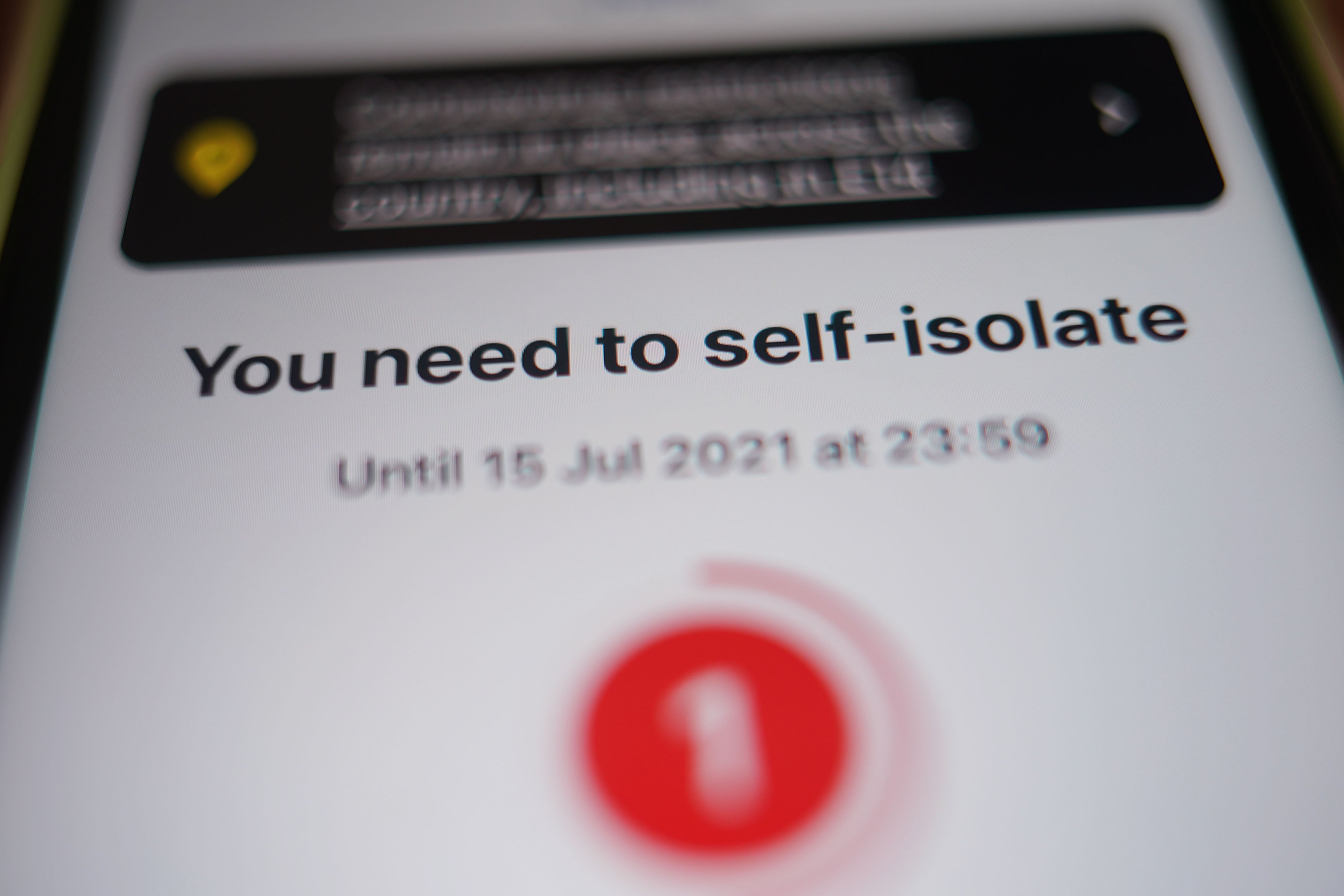Omicron variant is less severe than Delta, early studies suggest
Research has shown that that people with PCR-confirmed Omicron are 15 to 20% less likely to require an admission to hospital.

Your support helps us to tell the story
From reproductive rights to climate change to Big Tech, The Independent is on the ground when the story is developing. Whether it's investigating the financials of Elon Musk's pro-Trump PAC or producing our latest documentary, 'The A Word', which shines a light on the American women fighting for reproductive rights, we know how important it is to parse out the facts from the messaging.
At such a critical moment in US history, we need reporters on the ground. Your donation allows us to keep sending journalists to speak to both sides of the story.
The Independent is trusted by Americans across the entire political spectrum. And unlike many other quality news outlets, we choose not to lock Americans out of our reporting and analysis with paywalls. We believe quality journalism should be available to everyone, paid for by those who can afford it.
Your support makes all the difference.People who catch Omicron are less likely to be sent to hospital than those with Delta according to two early studies.
Research from Imperial College London indicates that people with PCR-confirmed Omicron are 15 to 20% less likely to need admission to hospital, and 40 to 45% less likely to require a stay of one night or more.
Scientists in a separate Scotland-wide study called Early Pandemic Evaluation and Enhanced Surveillance of Covid-19 have said Omicron is associated with a two-thirds reduction in the risk of hospitalisation compared with Delta.
However, researchers have added that although Omicron appears less severe, it is more transmissible partly because the current crop of coronavirus vaccines are less effective against it.
Professor Neil Ferguson, from Imperial College London, said: “Our analysis shows evidence of a moderate reduction in the risk of hospitalisation associated with the Omicron variant compared with the Delta variant.
“However, this appears to be offset by the reduced efficacy of vaccines against infection with the Omicron variant.
“Given the high transmissibility of the Omicron virus, there remains the potential for health services to face increasing demand if Omicron cases continue to grow at the rate that has been seen in recent weeks.”
The Imperial study, which has not yet been peer-reviewed, was based on PCR-confirmed coronavirus cases among both vaccinated and unvaccinated people recorded in England between December 1 and 14.
This sample included 56,000 Omicron cases and 269,000 Delta cases.
Dr Jim McMenamin, the national Covid-19 incident director for Public Health Scotland labelled the findings of the Scotland study another “qualified good news story”, but said that it was “important we don’t get ahead of ourselves”.
He said: “The potentially serious impact of Omicron on a population cannot be underestimated.
“A smaller proportion of a much greater number of cases that might ultimately require treatment can still mean a substantial number of people who may experience severe Covid infections that could lead to potential hospitalisation.”
Authors of the Scotland paper, which is yet to be peer reviewed, said if Omicron had been like the Delta variant in Scotland they would have seen around 47 people in hospital suffering from the virus but, so far, there are only 15.
Professor Mark Woolhouse, of the University of Edinburgh, said the data is heavily caveated because it is based on a small number of cases which did not include many people aged over 65.
The Omicron strain is now the dominant type of virus in Scotland, with cases of the variant surging across the United Kingdom.